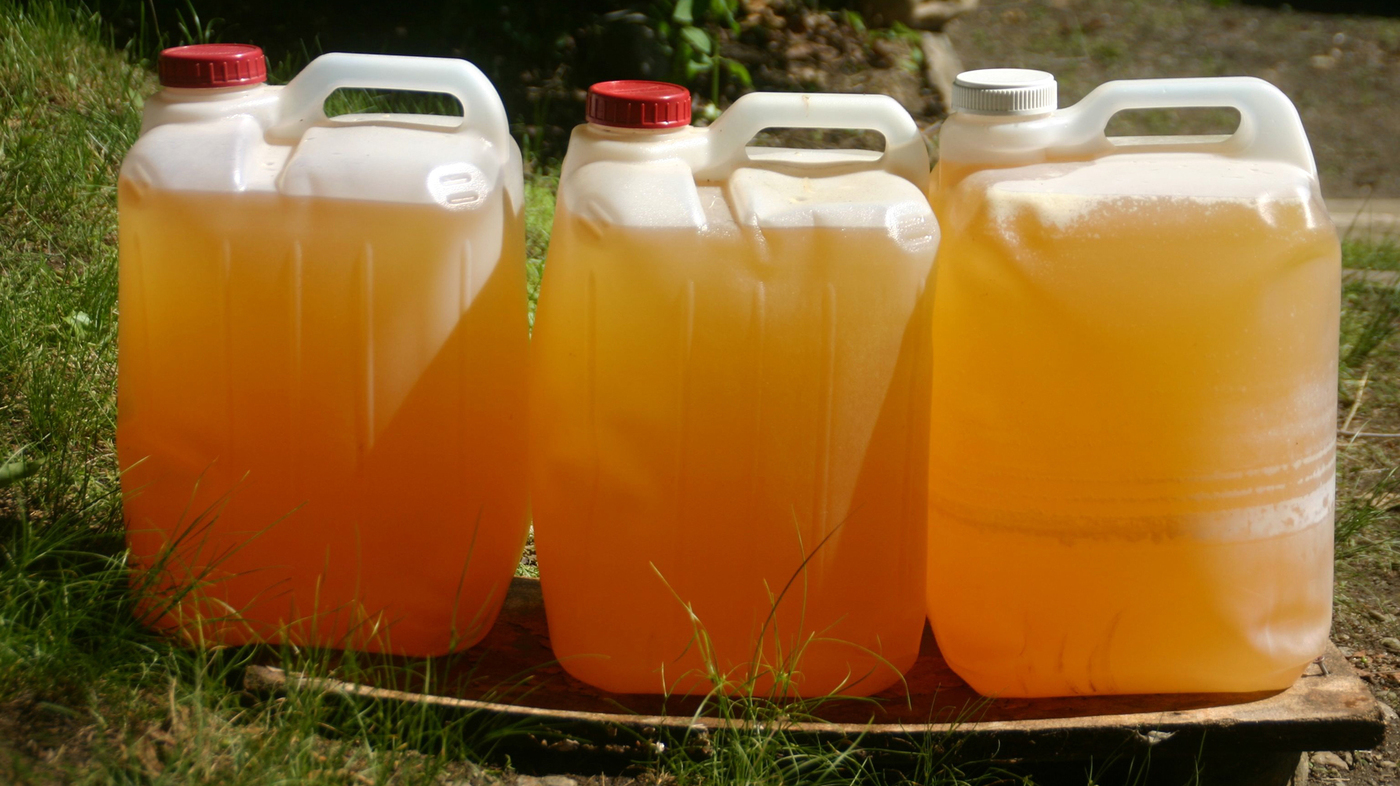
Modern synthetic fertilizer consists of varying amounts of nitrogen (N), phosphorus (P) and potassium (K), which are added to croplands to replace these depleted nutrients in the soil. There are several problems with this method, one of the primary ones being that these are finite resources.
Nitrogen, for instance, must be captured through a process that requires natural gas. And, unlike nitrogen, phosphorus and potassium cannot be synthesized, and our aggressive large-scale farming methods, which deplete soils of nutrients that then must be replaced, are quickly burning through available phosphorus and potassium stores.
We’re now hearing discussions of “peak phosphorus and potassium” in the way we discuss “peak oil,” and, according to some, we may soon be facing looming shortages of these two critical fertilizer ingredients. According to well-known investor Jeremy Grantham, writing for Nature
“These two elements cannot be made, cannot be substituted, are necessary to grow all life forms, and are mined and depleted. It’s a scary set of statements. Former Soviet states and Canada have more than 70 percent of the potash [potassium]. Morocco has 85 percent of all high-grade phosphates [phosphorous]. It is the most important quasi-monopoly in economic history. (continue reading)

